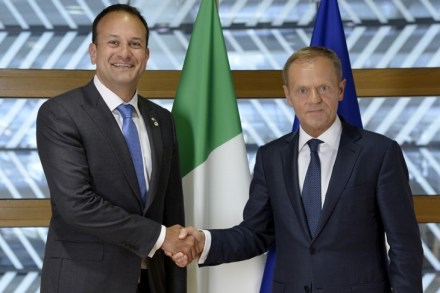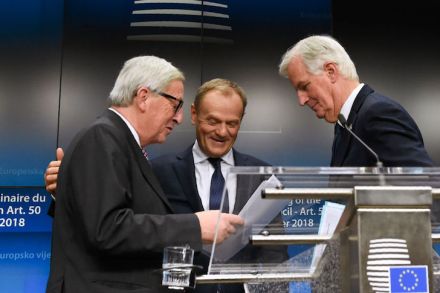High life | 21 March 2019
New York Goodbye, snow-capped peaks; hello, swampy brown East River. So long, fresh alpine air; greetings to choking diesel fumes. Adios, cows and cuckoo clocks; welcome, filthy island packed to the gills with angry, mean, squat Trump haters who live in decrepit buildings they share with rats. Yes, I’m back in the city that never sleeps, and whose residents are perennially offended. That is the bad news. The good news is that the word Brexit means nothing over here — nada, as our Hispanic cousins say. Instead of the B-word we have the S-word, as in the college admissions scheme that turned into a scandal. More than 50 people


















